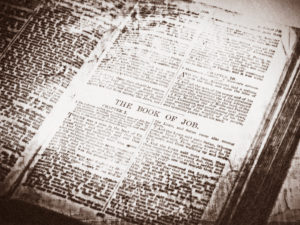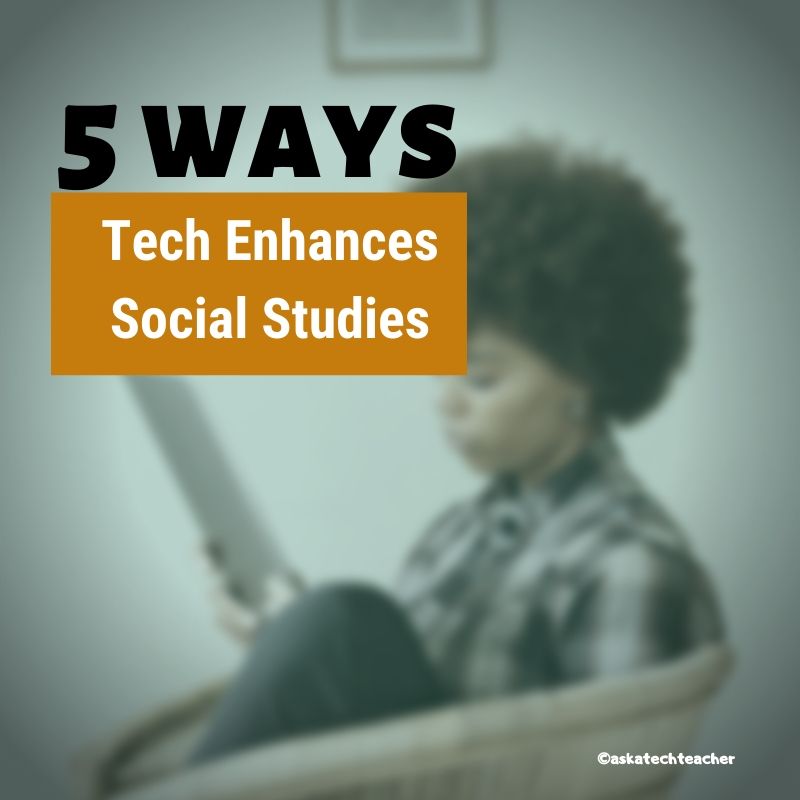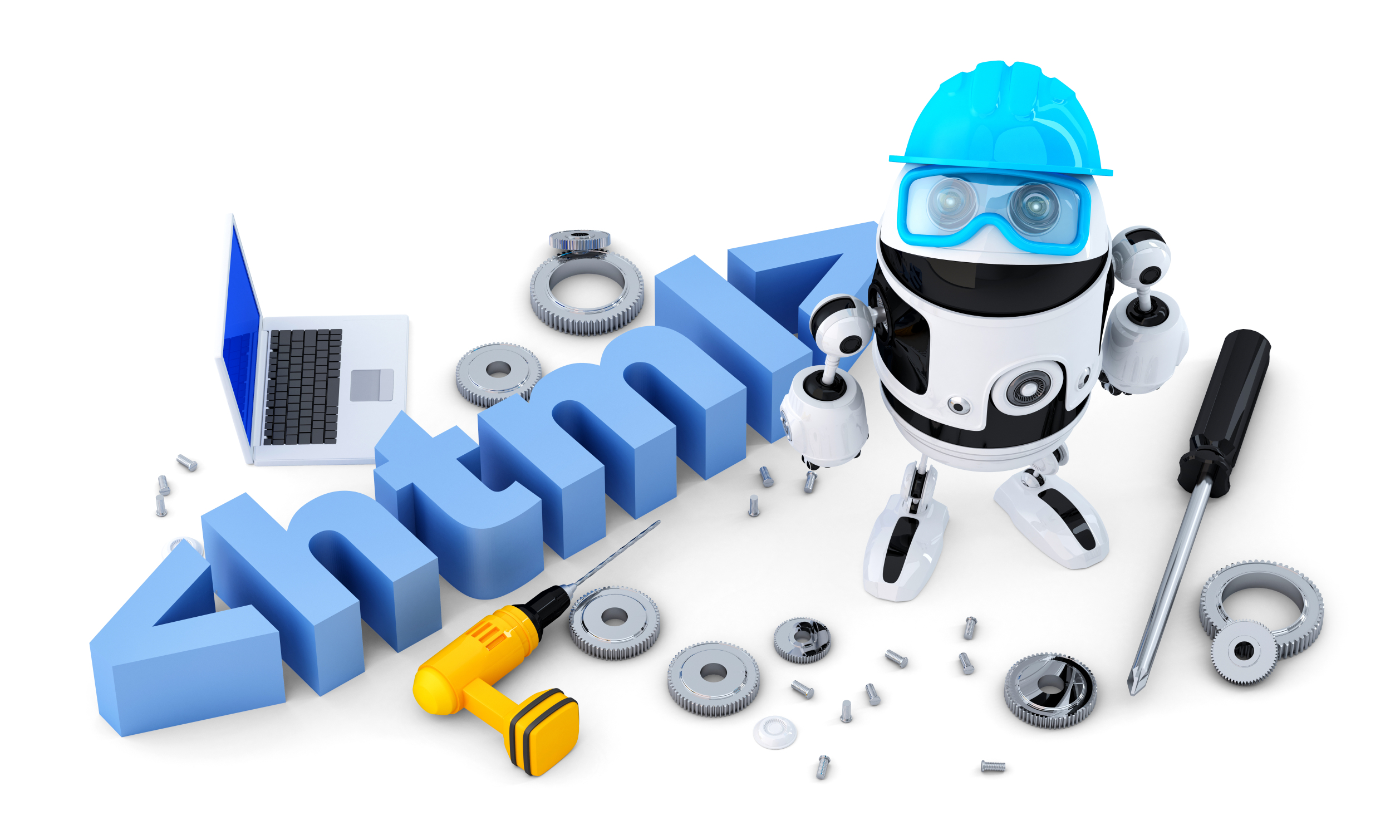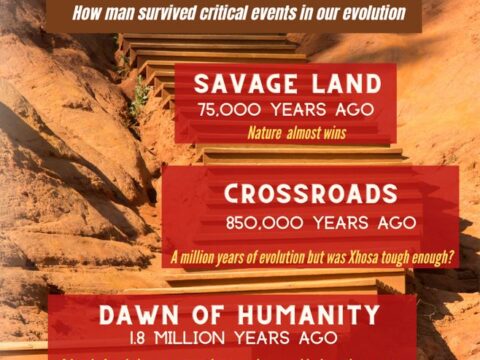 Teaching technology is a difficult profession because people learn in different ways and at different rates. However, one thing that can make it easier for students to learn is for teachers to include instructions on basic academic skills like vocabulary, keyboarding, digital citizenship, and research.
Teaching technology is a difficult profession because people learn in different ways and at different rates. However, one thing that can make it easier for students to learn is for teachers to include instructions on basic academic skills like vocabulary, keyboarding, digital citizenship, and research.
The better a student’s vocabulary, the easier it is for them to improve their comprehension and express themselves in oral and written form. The better a student learns how to use a keyboard, the faster and more accurately, they can work with a computer. The better a student’s digital citizenship, the more safely they can navigate the Internet websites, staying away from scammy links. Finally, the better a student’s research skills, the easier it will be for them to sort out the true from the false.
Technology has made it easier than ever before to do research. Besides an abundance of sources, the Internet provides ways to sift and sort through massive amounts of information through the use of search engines and advanced filters. Compare this to the old school way of doing research: spending hours in a large library and slowly filling out flash cards. Now research is as efficient as doing a Google search to find relevant websites and then bookmarking the site for later reference.
However, besides these online tools, tech teachers can also benefit by borrowing research tools used by historians.
How to Teach Research
Here are three techniques used by historians that could apply to almost any type of research project:
- The effective use of primary documents.

Much of the information we gather comes from secondary sources. This means that we repeat information that we have read elsewhere. However, just because a number of people agree on an idea and it’s possible to provide a large body of citations to prove that many people believe the idea, this doesn’t make it true. How, then, do you prove it’s true? By looking for primary, or original, documents, records, and artifacts. So if a historian wants to ascertain a certain fact, then they may use historical autographs to prove a fact. By finding an authentic letter or manuscript in which a famous person reveals something of enormous interest about himself or relates some significant event that he orchestrated, it’s possible to prove that the person is responsible for the event and that the event happened.
- The benefits of developing good writing skills.
Historians often write papers where they argue a point-of-view. For instance, is it or is it not true that Thomas Jefferson was one of the most brilliant presidents of the United States? How would a historian prove whether this was factually true or mere political propaganda that had been blindly accepted as true? A historian would look for evidence, perhaps, referring to Jefferson’s love for playing the violin, his ability to speak six languages, and his archeological investigation of mounds. In addition, Jefferson had a 10,000-book library. Since these became the foundational beginnings of the Library of Congress suggests that these books weren’t paperback thrillers. In short, a historian would use well-developed writing skills to prove his point. Moreover, evidence would be supported by citations, so that the reader could find out for themselves.
- The development of critical thinking skills.
Besides proving the validity of something, a primary document also teaches critical thinking skills. Many times a document has to be interpreted. This can be due to the fact that language changes over generations. It takes some effort, for example, to follow the dialogue in a Shakespearean play; some interpretation is needed. Similarly, a history paper has to be written in a clear, logical way to be informative. It takes critical thinking skills to organize a large body of assorted facts into a meaningful, articulate composition.
Why Research Matters
The reason research is such an important academic skill is because the truth is not obvious. It’s easy enough for a politician, the news media, or some source of authority to hoodwink us with misinformation. At times, this misinformation can be deadly. For instance, aspartame is commonly used in packaged foods and promoted by the food industry as a harmless artificial sweetener, but researchers have traced its influence in brain tumors, Alzheimer’s, mental retardation and numerous other serious illnesses.
–from Sara Stringer, Ask a Tech Teacher contributor. Sara is a former medical and surgical assistant who now does freelance business consulting. She enjoys blogging and helping others. In her spare time (translation: the time spent doing what’s most important), she enjoys soaking up the sunshine with her husband and two kids.
Jacqui Murray has been teaching K-18 technology for 30 years. She is the editor/author of over a hundred tech ed resources including a K-12 technology curriculum, K-8 keyboard curriculum, K-8 Digital Citizenship curriculum. She is an adjunct professor in tech ed, Master Teacher, webmaster for four blogs, an Amazon Vine Voice, CSTA presentation reviewer, freelance journalist on tech ed topics, contributor to NEA Today, and author of the tech thrillers, To Hunt a Sub and Twenty-four Days. You can find her resources at Structured Learning.




































3 thoughts on “How Tech Teachers Can Benefit From Historical Research Tools”
Comments are closed.